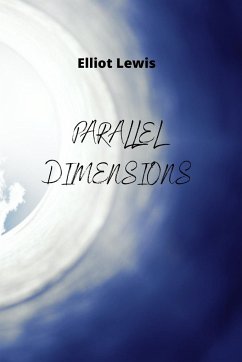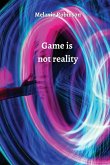The size of our cosmos is unfathomable. Each galaxy in the universe contains billions or trillions of stars, and there are hundreds of billions, if not trillions, of them. According to some scientists looking at universe models, the universe may be 7 billion light-years across. Others believe it might be endless. But is that all there is? The concept of a parallel world and the idea that we might be living just one of an endless number of possible lifetimes are favorites in science fiction. But only "Star Trek," "Spiderman," and "Doctor Who" have multiverses. Real scientific theory considers and occasionally supports the possibility of worlds that are distinct from, parallel to, or remote from our own yet that mirror it. A parallel universe is a fictitious self-contained plane of existence that coexists with our own. It is sometimes referred to as an alternate universe, parallel dimension, or alternate reality. The term "multiverse" is frequently used to describe the whole of all possible parallel universes that make up reality. While these three terms are typically equivalent and can be used interchangeably, the phrase "alternative universe/reality" occasionally carries a different meaning that suggests the reality is a variation of our own, with some overlap with the similarly called other history. The phrase "parallel universe" is more inclusive and does not indicate whether or not there is a connection to our own reality. In general, a parallel universe but not an alternate reality-a concept that exists between the fantasy world and Earth parallel dimension, alternate universe, or alternate reality-would be one in which the very laws of nature are changed, such as one in which there are no Laws of Motion.
Hinweis: Dieser Artikel kann nur an eine deutsche Lieferadresse ausgeliefert werden.
Hinweis: Dieser Artikel kann nur an eine deutsche Lieferadresse ausgeliefert werden.








